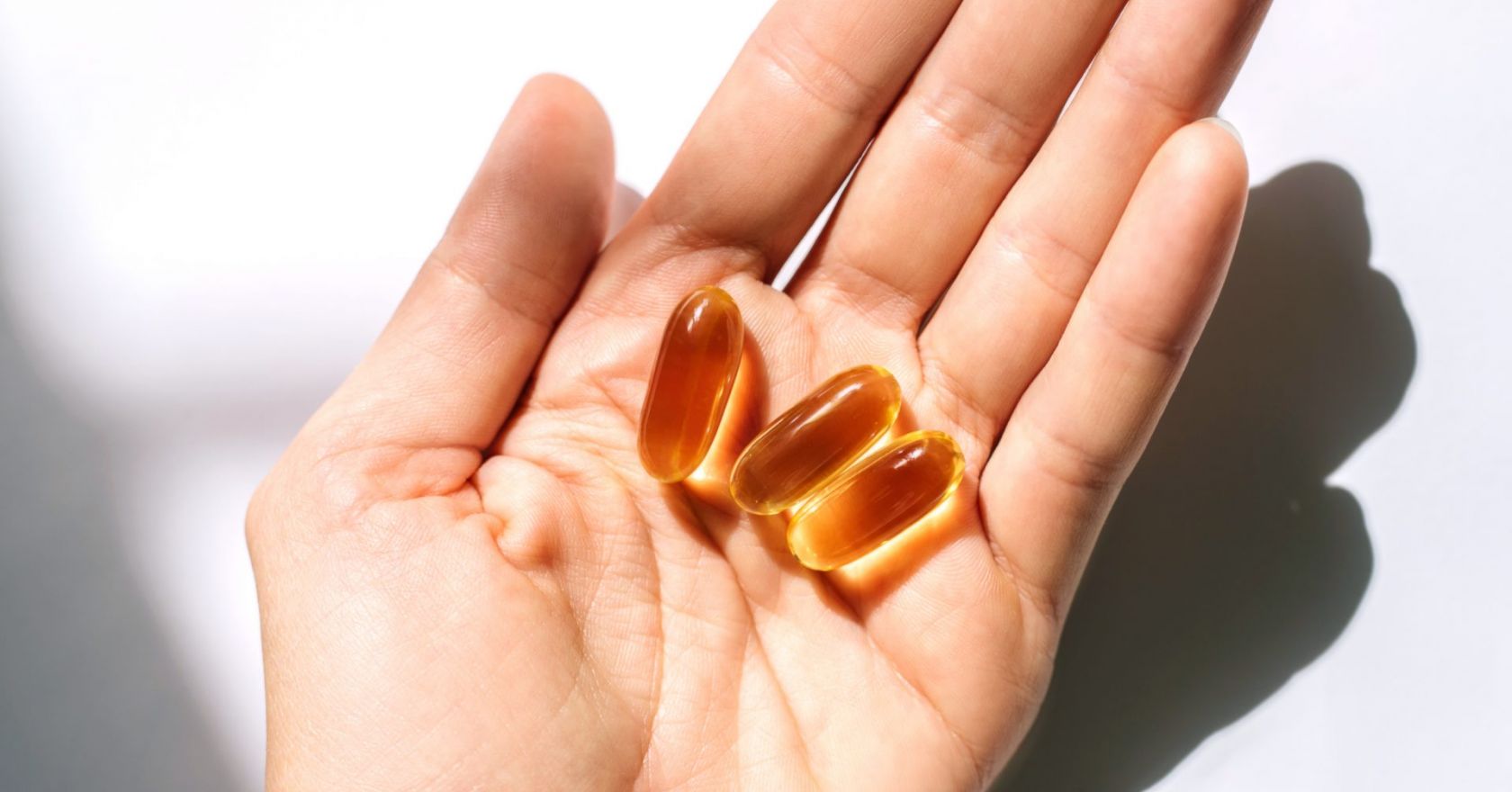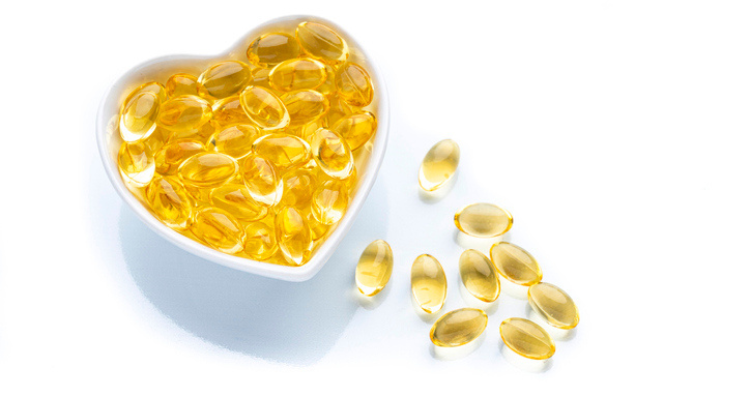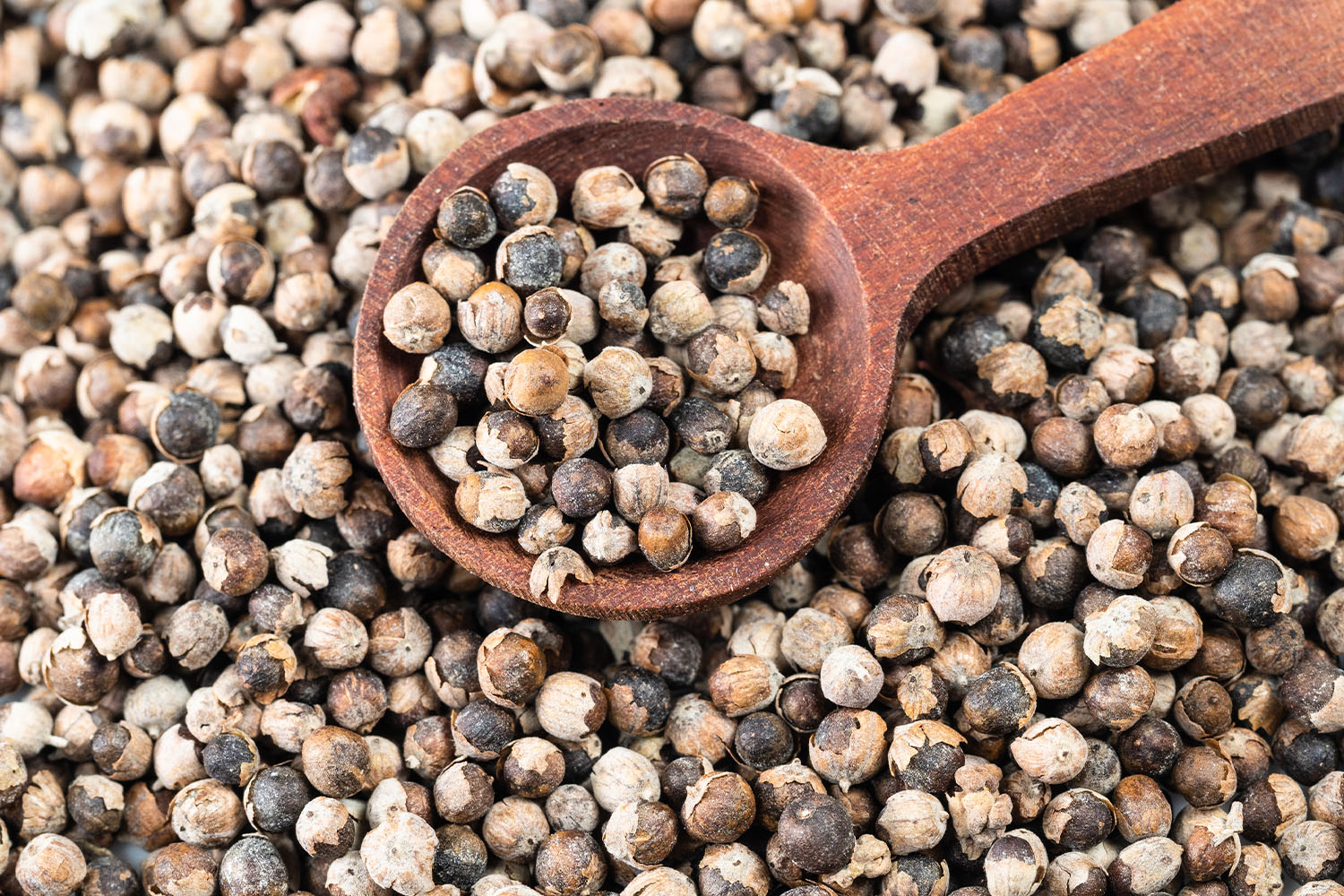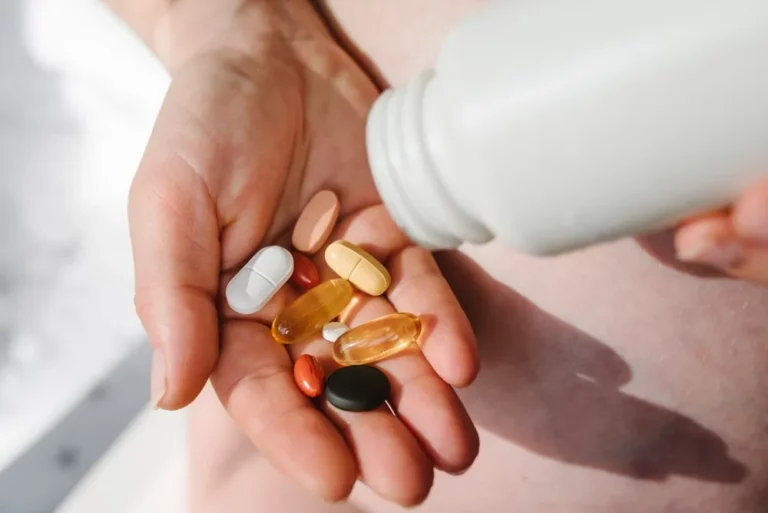Hormonal imbalances are prevalent issues that many women face. Due to hormones’ critical role in regulating essential functions, hormonal imbalances significantly impact various bodily systems. Even slight shifts in hormone levels can lead to noticeable effects on growth, metabolism, sexual function, reproduction, and emotional well-being. Gaining a deeper understanding of hormonal health is vital, mainly because certain supplements may relieve symptoms associated with these imbalances. Find natural hormone balance supplements for women’s health and wellness. Learn how to balance your hormones naturally with our expert-approved supplements.
What Is Hormonal Imbalance?
“Hormonal imbalance” encompasses a spectrum of concerns arising from fluctuations or deficiencies in key hormones within the body. According to Dr. Julianne Arena, a double board-certified physician with a specialty in women’s sexual health, while the body naturally adjusts to hormonal changes that occur during puberty, menstruation, pregnancy, and menopause, prolonged imbalances can result in conditions that disrupt multiple bodily functions. Additionally, some women may experience worsened hormonal imbalances due to specific deficiencies in vitamins and minerals, leading to the consideration of targeted supplements for potential relief. However, it is essential to note that extensive research is still required to validate the effectiveness of these supplements.
Virginia Conner, a functional medicine practitioner, adopts a holistic approach to hormone balance, emphasizing the integration of lifestyle modifications and supplements within a comprehensive wellness plan. In the following sections, we delve into the nature of hormonal imbalances, their associated conditions, and the supplements that are frequently recommended to support hormonal health. Explore top hormone balance supplements for women over 40.
Hormones Impacting Women’s Health
Numerous hormones play indispensable roles in regulating women’s reproductive health, metabolism, and emotional balance:
– Estrogen: This vital hormone orchestrates the menstrual cycle and is crucial for reproductive health.
– Progesterone: Often collaborating with estrogen, progesterone is key in regulating the menstrual cycle and promoting fertility.
– Testosterone: While often associated with men, testosterone is essential for women as it contributes to bone density, muscle strength, and libido.
– Follicle-Stimulating Hormone (FSH): Crucial for estradiol synthesis, FSH is indispensable for ovulation and regulating the menstrual cycle.
– Cortisol: Dubbed the “stress hormone,” cortisol affects various physiological processes, including digestion, reproduction, and cardiovascular health, particularly during high-stress periods.
Common Hormonal Imbalance Conditions
– Premenstrual Syndrome (PMS): Characterized by a collection of physical and emotional symptoms such as mood swings, bloating, and headaches, PMS typically surfaces following ovulation and leading up to menstruation as estrogen and progesterone levels decline.
– Polycystic Ovary Syndrome (PCOS): This hormone disorder affects around 1 in 15 women of reproductive age, presenting symptoms like irregular menstrual cycles, acne, excess facial hair, weight gain, and infertility. PCOS is often linked to insulin resistance and elevated androgen levels.
– Endometriosis: Affecting approximately 11% of U.S. women aged 15 to 44, this condition occurs when uterine-like tissue grows outside the uterus, leading to significant pain and possible fertility challenges. Genetic predisposition and immune dysfunction may play a role in its development.
– Menopause and Perimenopause: Menopause, which typically occurs around age 51, signifies a decrease in estrogen levels that leads to the cessation of menstruation. Perimenopause, the transitional phase before menopause, brings about irregular menstrual cycles, hot flashes, and sleep disturbances due to fluctuating estrogen levels.
– Fertility Challenges: Affecting about 10% of U.S. women, fertility issues often stem from ovulation problems related to hormonal imbalances, while lifestyle factors such as stress and nutrition may also contribute.
Key Supplements for Hormonal Health
Specific vitamins and minerals may play a vital role in alleviating the effects of hormonal imbalances. Still, it’s crucial to take them under the supervision of a healthcare professional to prevent any unwanted interactions with medications.
Vitamin D

- Benefits: Vitamin D is essential for maintaining a robust immune system and is significant in supporting gut health and aiding calcium absorption. For women with polycystic ovary syndrome (PCOS), adequate levels of vitamin D may enhance blood sugar regulation, potentially easing some of the metabolic complications associated with the condition.
- Dosage: The typical daily dosage for vitamin D ranges from 2,000 to 4,000 IU, with higher amounts requiring careful management by a healthcare provider to avoid the risk of toxicity.
- Sources: Natural sunlight exposure is one of the most efficient ways to produce vitamin D, fortified foods (such as certain dairy products and cereals), and dietary supplements that can help bridge any gaps in nutrient intake.
B Vitamins

- Benefits: The B vitamin complex is fundamental for hormone production and energy metabolism. Each B vitamin has unique contributions, such as Vitamin B6, which is known to alleviate premenstrual syndrome (PMS) symptoms like mood swings and bloating. Additionally, inositol (often categorized as Vitamin B8) benefits women with PCOS, helping them manage weight and improve insulin sensitivity, thereby playing a vital role in their hormonal balance.
- Dosage: For optimal health, vitamin B6 intake should generally be limited to 50 mg per day. The appropriate dosage of vitamin B8, or inositol, can vary significantly from person to person, tailored to individual needs and health conditions.
- Sources: Vitamin B6 is found in various foods, including nutrient-rich fish, lean poultry, hearty potatoes, a range of fruits (though citrus is excluded), crunchy nuts, and wholesome whole grains.
Magnesium
- Benefits: Magnesium is an essential mineral that plays a vital role in numerous bodily functions, including muscle contraction, energy production, and maintaining a healthy nervous system. Low magnesium levels have been linked to discomfort during menstruation, symptoms of premenstrual syndrome (PMS), and complications such as preeclampsia during pregnancy.
- Dosage: The general recommendation for daily magnesium intake is around 310 to 320 mg. Different magnesium formulations are available for specific health needs: magnesium oxide may be used for migraine relief, while magnesium citrate can help ease muscle spasms and alleviate constipation.
- Sources: You can boost your magnesium levels by eating more leafy green vegetables, nuts, whole grains, and fortified cereals.
Omega-3 Fatty Acids

- Benefits: Omega-3 fatty acids are renowned for their anti-inflammatory properties, making them particularly beneficial for those experiencing menstrual pain, PMS symptoms, and discomfort related to endometriosis. Some research even suggests that omega-3s could reduce menopausal symptoms.
- Dosage: To manage PMS and related inflammation, an intake of approximately 1 to 2 grams per day is recommended.
- Sources: These beneficial fats can be found in flaxseeds, chia seeds, and fish oil supplements, which can easily be incorporated into various meals.
Adaptogens

- Benefits: Adaptogens, such as ashwagandha, are hailed for supporting the body’s response to stress by helping regulate cortisol levels. They may also alleviate PMS symptoms by enhancing sleep quality and stabilizing mood.
- Precautions: Adaptogens should be used with care; they are generally not recommended for pregnant individuals or those with autoimmune conditions.
- Examples: Popular adaptogens include ashwagandha, Rhodiola, and holy basil, each offering unique benefits.
Chasteberry

- Benefits: Often recommended for those dealing with PMS and premenstrual dysphoric disorder (PMDD), the chaste berry is believed to help balance estrogen and progesterone levels in the body. It may assist in reducing estrogen dominance by encouraging a natural boost in progesterone production.
- Dosage: Before starting supplementation, it is advisable to discuss the appropriate dosage with a healthcare provider due to potential side effects like nausea and headaches.
- Sources: Chasteberry is available in supplement form and is derived from the berries of the chasteberry plant.
Choosing the Right Supplements for Hormone Balance
Starting with a high-quality multivitamin can be beneficial for creating a solid foundation for overall health, especially for individuals with dietary gaps. When selecting supplements, choosing those certified by respected independent organizations like USP, NSF, or ConsumerLab is crucial, as it verifies their purity and potency. Get top-rated hormone supplements for natural balance. Reviews and recommendations inside. Explore top hormone balance supplements for women’s health and nutrition.
Before embarking on any supplement regimen, it is highly recommended that you consult with a healthcare provider who understands functional or integrative medicine. This approach ensures safety and maximizes potential health benefits. Additionally, hormone testing might be suggested to accurately identify specific imbalances, allowing for a more tailored supplement plan.
Holistic Tips for Hormone Health
Beyond supplementation, lifestyle changes are pivotal in effectively managing hormonal health. Here are essential practices to consider:
– Balanced Diet: A diet with whole foods, lean proteins, healthy fats, and complex carbohydrates supports hormone production and balance.
– Regular Exercise: Physical activity enhances insulin sensitivity and reduces stress, contributing to a more balanced hormonal profile.
– Stress Management: Chronic stress can lead to elevated cortisol levels, disrupting other critical hormones. Incorporating yoga and meditation and ensuring adequate sleep into your routine is vital for maintaining hormonal health.
– Avoiding Toxins: It is essential to reduce exposure to environmental toxins, which can be found in everyday plastics, household cleaning products, and certain personal care items. Opting for natural, chemical-free alternatives may help minimize exposure to potential endocrine disruptors.
Maintaining hormone health is a complex realm of wellness, and while supplements can offer significant benefits, they are most effective when combined with holistic lifestyle practices.
FAQs
Q. What causes hormonal imbalances in women?
A. Various factors, including stress, poor diet, chronic health conditions, and lifestyle habits, can trigger hormonal imbalances in women. Natural life stages like puberty, pregnancy, perimenopause, and menopause also influence hormone levels.
Q. What are the common symptoms of hormonal imbalance?
A. Symptoms vary depending on the hormone involved but may include irregular menstrual cycles, fatigue, weight gain or loss, mood swings, bloating, headaches, acne, decreased libido, and sleep disturbances.
Q. What are some common health conditions related to hormonal imbalances in women?
A. Hormonal imbalances are often associated with conditions such as Premenstrual Syndrome (PMS), Polycystic Ovary Syndrome (PCOS), Endometriosis, and symptoms related to menopause. They may also contribute to fertility problems.
Q. Which vitamins and supplements can help balance hormones?
A. Some supplements that may help balance hormones include:
- Vitamin D: Supports immune health and improves insulin sensitivity, especially helpful for women with PCOS.
- B Vitamins: Important for hormone production; Vitamin B6 may alleviate PMS symptoms.
- Magnesium: Helps alleviate PMS symptoms, including cramps and headaches.
- Omega Fatty Acids: Beneficial for reducing inflammation and menstrual cramps.
- Adaptogens (like Ashwagandha) May help manage stress and balance cortisol levels.
- Chasteberry: Often used to relieve PMS symptoms by balancing estrogen and progesterone levels.
Q. How can lifestyle changes help with hormonal balance?
A. A healthy diet, regular exercise, adequate sleep, and stress management can significantly support hormone regulation. Reducing sugar intake, consuming more fiber, and adding foods rich in omega-3 fatty acids can also help hormonal health.
Q. Are there risks associated with taking hormone-balancing supplements?
A. Yes, supplements can interact with medications or cause side effects if taken incorrectly. It’s essential to consult with a healthcare provider before starting any new supplement to ensure safety, particularly if you have underlying health conditions.
Q. Can taking supplements completely cure hormonal imbalances?
A. While supplements can help alleviate symptoms, they are often not cured. A balanced diet, lifestyle changes, and addressing the root cause of the imbalance are also essential parts of a comprehensive approach to hormonal health.
Q. How long does it take for supplements to affect hormone levels?
A. The time varies based on the individual and the supplement. Some may notice changes within a few weeks, while others may require several months to see significant improvements. Consistency and lifestyle factors play a crucial role.
Q. Is vitamin D deficiency common among women with PCOS?
A. Yes, studies show that vitamin D deficiency is common in women with PCOS and may contribute to insulin resistance. Supplementing with vitamin D may help support hormone regulation and improve symptoms associated with PCOS.
Q. Can Omega-3 fatty acids help with menopause symptoms?
A. Some studies suggest omega-3 fatty acids help reduce symptoms like hot flashes and night sweats. They may also support cognitive function and reduce mood swings, but more research is needed to confirm these benefits.
Q. What are adaptogens, and how do they affect hormonal health?
A. Adaptogens, such as ashwagandha, are natural compounds that help the body manage stress by regulating cortisol levels. Lowering cortisol can reduce hormonal fluctuations and promote overall hormonal balance, especially for stress-related hormonal issues.
Q. Are hormone-balancing supplements safe during pregnancy?
A. Many supplements for hormonal health are not recommended during pregnancy, as they may interfere with fetal development. Always consult a healthcare provider before taking any supplement if you are pregnant or breastfeeding.
Q. Can birth control pills impact vitamin and hormone levels?
A. Yes, contraceptive pills can potentially reduce the levels of specific B vitamins, which are vital for hormone synthesis and metabolism. Women using birth control might find it beneficial to supplement with B vitamins, although they need to seek advice from their healthcare provider for tailored recommendations.
Q. How does magnesium support hormonal health?
A. Magnesium aids in regulating muscle and nerve activities, promotes bone health, and may help relieve PMS symptoms such as cramps, headaches, and mood fluctuations. Additionally, it contributes to stress reduction, which can have a beneficial effect on hormone balance.
Q. Are there any dietary restrictions or foods that help support hormonal health?
A. Leafy vegetables, nuts, seeds, fatty fish, and whole grains promote hormonal balance. Reducing processed foods, sugar, and alcohol can help stabilize blood sugar levels and avoid hormonal swings.


